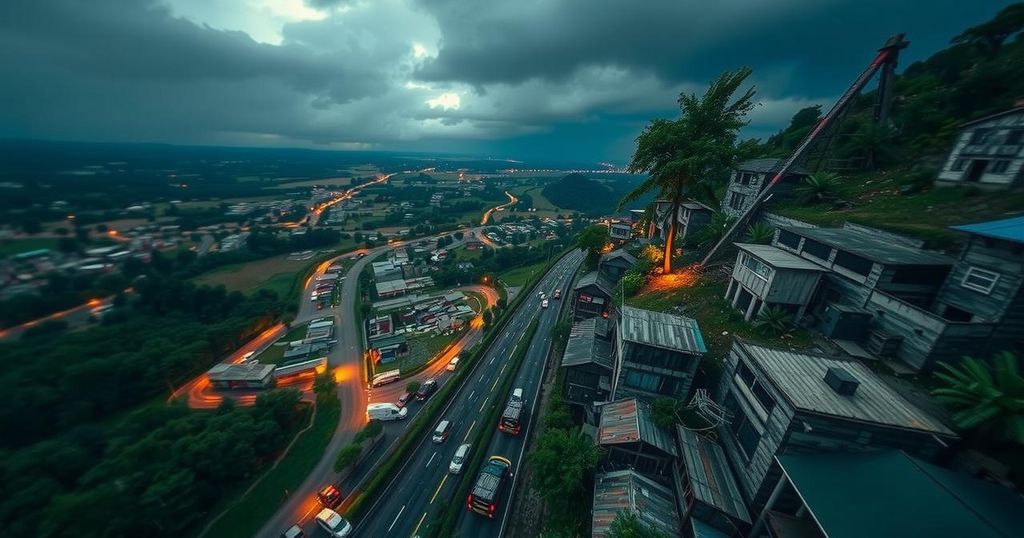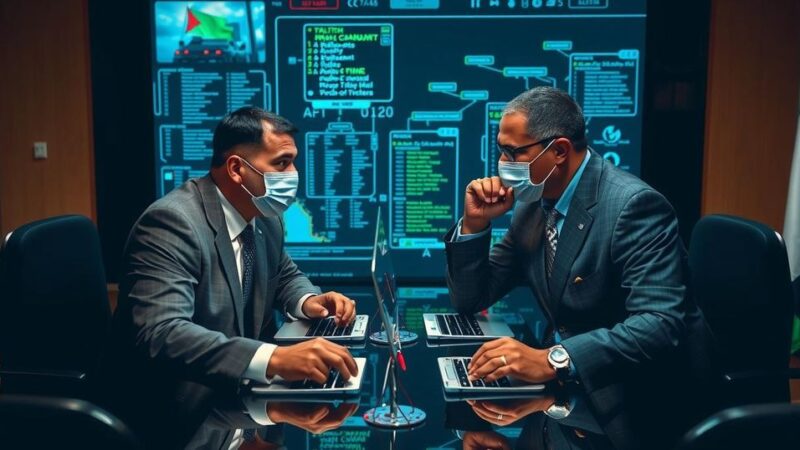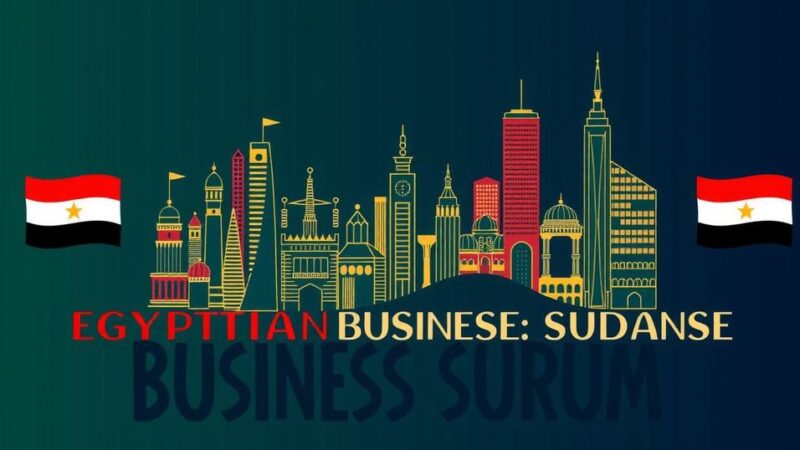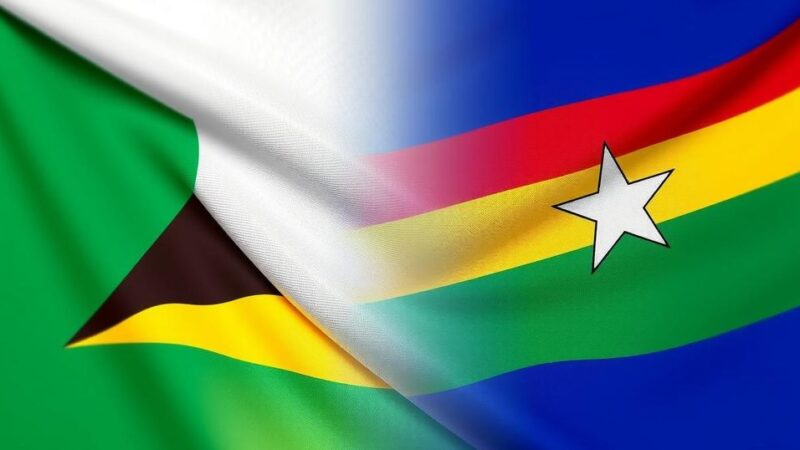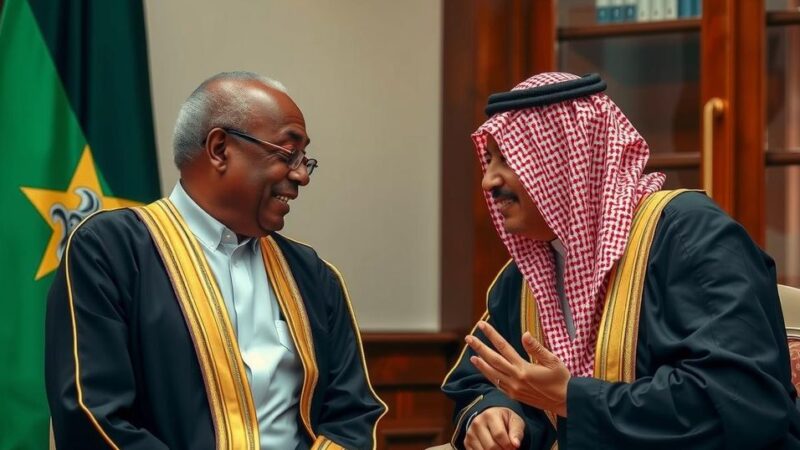The eastern Democratic Republic of the Congo is experiencing rampant violence and instability, exemplified by recent massacres linked to the Allied Democratic Forces. The international community’s responses have been inconsistent and superficial, failing to address the complex political realities and underlying causes of conflict. As new actors emerge and hybrid security environments develop, traditional peacebuilding efforts appear increasingly ineffectual. A reassessment of strategies is essential for meaningful engagement in restoring peace and stability in the region.
The eastern Democratic Republic of the Congo (DRC) remains enveloped in chaos and violence, with recent attacks resulting in significant civilian casualties. On August 10, eighteen individuals were killed near Beni, following earlier massacres that resulted in eighty and forty fatalities in June. The violence is primarily attributed to the Allied Democratic Forces, a rebel group linked to the Islamic State, which continues to operate unabated despite the presence of local and international military forces. This failure of intervention underscores a broader disregard for the complexities of the political and security landscape in the DRC, rendering the region a veritable graveyard for civilians. For over thirty years, the DRC has experienced chronic instability, with the International Organization for Migration reporting nearly 7 million internally displaced individuals. While the resurgence of the March 23 Movement (M23) drew international attention, the focus on this group has overshadowed the myriad of armed factions that further exacerbate the situation. The Congolese government’s rallying efforts around nationalist sentiments have empowered these militias, complicating an already volatile security environment. In response, international aid and peace-building initiatives have persisted, yet they often exhibit a lack of substantive engagement with the underlying political realities. Donors apply superficial solutions—favoring technocratic measures rather than addressing the intricate dynamics at play. Inconsistent international responses fail to hold the Congolese military accountable for collaborating with armed groups, and the complexities of regional politics remain largely neglected. For instance, while Rwandan support for M23 has drawn condemnation, military aid continues to be extended to Rwanda due to different geopolitical interests. As the international community struggles to navigate the evolving conflict landscape, alternative approaches and new actors are emerging. Non-Western forms of influence attempt to fill the void left by waning Western intervention, creating a hybrid security environment that prioritizes self-interest over human rights or democratic governance. DRC leaders increasingly resort to outsourcing security to armed factions and private military contractors, complicating efforts to foster peace and stability. These changes epitomize a significant shift in global power dynamics, reminiscent of trends seen in other conflict zones, where new and old powers exploit the disarray of Western interventionism. The humanitarian consequences are dire, perpetuating cycles of violence and displacement. A critical re-evaluation of current strategies is essential, particularly for those aligned with traditional paradigms of Western liberal intervention and conflict resolution.
The context of the eastern Democratic Republic of the Congo (DRC) is shaped by decades of violent conflict, poor governance, and the destabilizing influence of various armed groups. Following the Rwandan Genocide, the region has witnessed a protracted cycle of violence that has led to mass displacement and widespread human rights violations. Despite multiple international interventions and significant financial aid aimed at restoring peace and addressing humanitarian needs, the situation has deteriorated, resulting in a complex security landscape characterized by the ongoing activities of local and foreign militias, particularly the emergence of groups such as the M23. These developments highlight the inadequacy of traditional peace-building measures in addressing the multidimensional challenges facing the region.
In conclusion, the ongoing conflict in eastern DRC exemplifies the shortcomings of traditional international interventions and the complexities of contemporary conflict dynamics. As violence escalates and the humanitarian situation worsens, it is evident that existing peacebuilding frameworks are outdated and insufficient. The rise of alternative actors and the fragmentation of security governance further complicate the pathway to stability. A profound reassessment of strategies and an understanding of the nuanced political realities must guide future interventions to better address the needs of the Congolese people and promote lasting peace in the region.
Original Source: www.aljazeera.com
